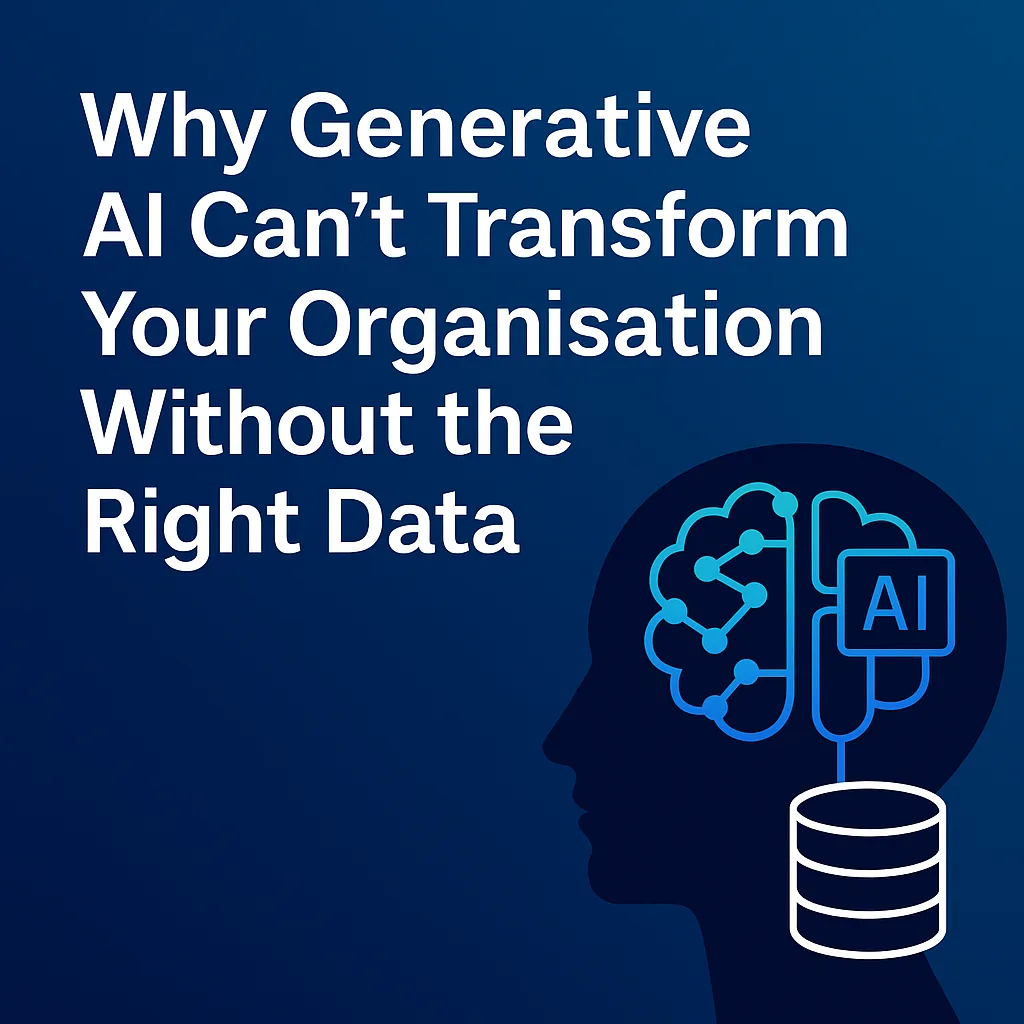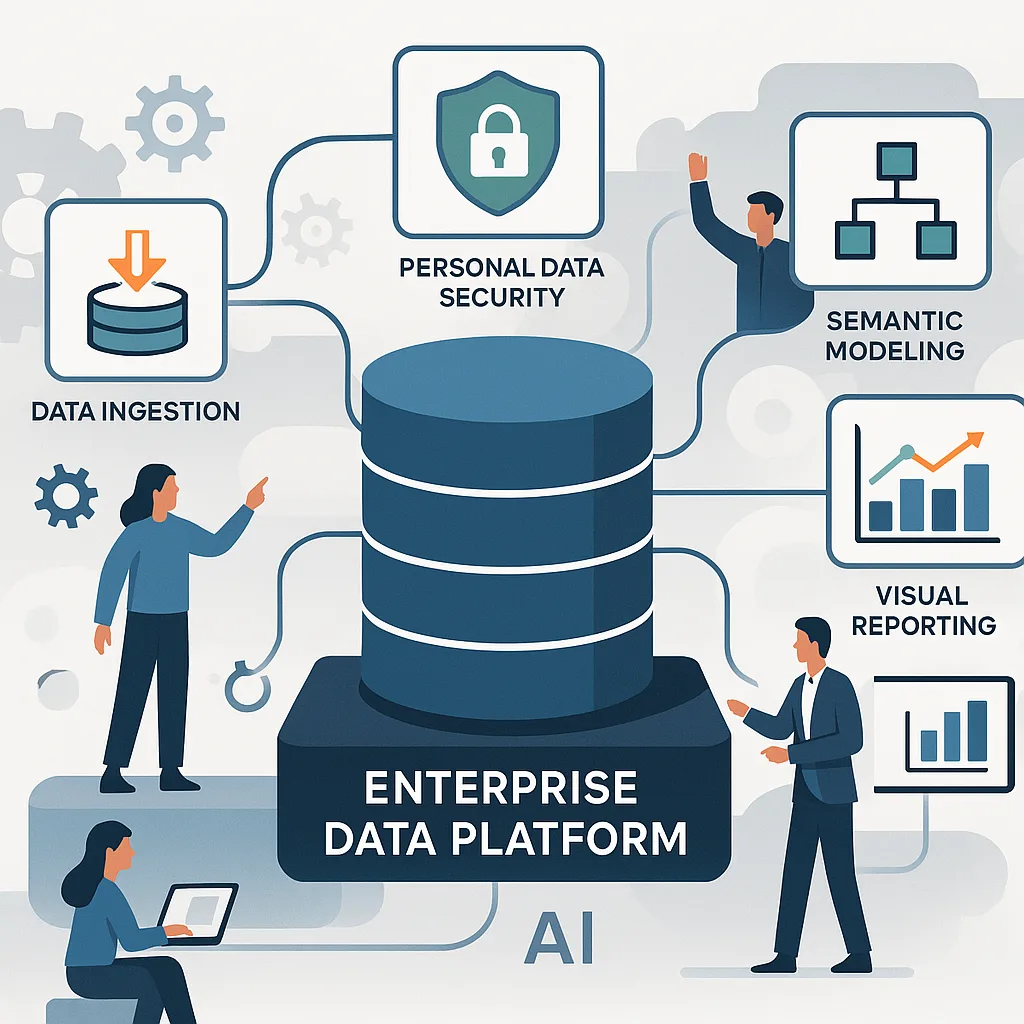
In today’s financial landscape, where the UK government faces a daunting £22 billion shortfall, the pressure on public sector bodies to innovate and drive efficiency has never been greater. This financial squeeze requires councils, agencies, and public services to reassess how they operate and explore new, transformative solutions that offer more for less.
Against this backdrop, itelligent-i presents a path forward—one where innovation meets fiscal responsibility, offering practical solutions that can address both immediate financial challenges and long-term operational resilience.
The government’s £22 billion black hole isn’t just an abstract number—its effects are being felt across every level of public service. With shrinking budgets and increasing demand for services, particularly in sectors such as health, social care, and local government, public bodies are tasked with finding efficiencies without sacrificing the quality of service delivery. This requires fresh thinking and, more importantly, a willingness to embrace innovative technologies and approaches.
Traditionally, public services have been slower to adopt new technologies compared to the private sector, often hindered by bureaucracy, risk aversion, and legacy systems. However, the current fiscal climate leaves little choice. Innovation isn’t a luxury—it’s a necessity for survival.
This is where itelligent-i’s solutions come into play. By leveraging data, analytics, automation, and AI-driven insights, itelligent-i offers public sector organisations the ability to not only identify inefficiencies but also implement targeted improvements that reduce waste, increase productivity, and enhance service delivery.
For instance, itelligent-i’s data-driven approach allows organisations to make informed decisions based on real-time information, rather than relying on outdated or incomplete data sets. This ability to have a clear, up-to-date picture of operations can significantly cut down on wasted resources and time. Moreover, automation can streamline routine processes, reducing the administrative burden on staff, and allowing them to focus on more strategic tasks that require human expertise.

The public sector is already beginning to see the potential benefits of these innovations. From local councils using data to optimise services such as waste collection and social care to health services reducing waiting times through AI-powered triage systems, the opportunities are vast.
Of course, innovation is not without its challenges. One of the main obstacles is the perceived cost of implementing new technologies. Many public sector organisations, already operating on tight budgets, may be hesitant to invest in new systems or platforms, fearing that the initial outlay will outweigh the benefits. However, this is a short-sighted view. itelligent-i’s solutions are designed with cost-efficiency in mind, often paying for themselves within a short time frame through the savings they generate.
Another challenge is the cultural shift required within public sector organisations. Implementing new technology means more than just purchasing software or hardware—it requires buy-in from staff at all levels, as well as the training and support needed to ensure that these tools are used effectively. Leadership will play a critical role in fostering a culture of innovation, where staff are encouraged to think creatively and embrace change, rather than clinging to outdated practices.
The current financial crisis is an opportunity for public sector leaders to rethink how they deliver services. Embracing itelligent-i’s innovative solutions can help organisations to not only weather the storm but also emerge stronger and more resilient. By adopting data-driven approaches, automating routine processes, and leveraging AI to optimise services, public bodies can deliver better outcomes for residents while staying within increasingly constrained budgets.
In times of financial hardship, it can be tempting to cut corners or delay investments in new technology. But now, more than ever, it is crucial to invest in the tools and solutions that will enable the public sector to operate more efficiently and effectively. itelligent-i’s approach is not just about cutting costs—it’s about empowering public sector organisations to deliver better services, improve outcomes, and build a future-proofed public sector that can meet the needs of citizens today and tomorrow.
The £22 billion black hole may seem overwhelming, but with the right solutions in place, it is possible to navigate these difficult times. itelligent-i is here to help. Let’s embrace innovation, work smarter, and create a public sector that thrives, even in the face of financial adversity.



